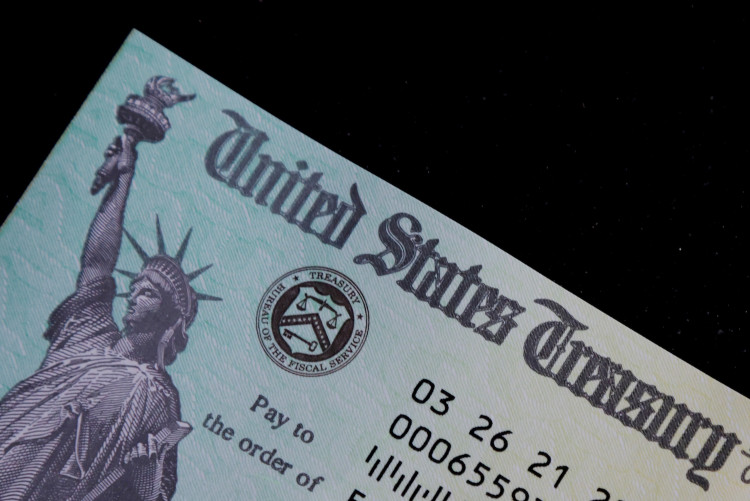Despite a deadlock over President Joe Biden's budget proposal, Democrats in Congress are unified in their desire to extend the stimulus payments program until 2022.
Some families are still receiving monthly child tax credit payments. The distribution of stimulus funds to average Americans, on the other hand, has slowed. Even yet, there's a likelihood that by 2022, babies will get stimulus checks.
"Specifically, if you are a new parent, your bank account might get another $1,400 payment," Nasdaq.com reported. "Unfortunately, it will probably be a while until you can get your hands on it."
According to Moneywise, babies born in 2021 may be eligible for more Biden funds. Americans will be eligible for up to $1,400 in payments from the third round of stimulus cheques, which will be paid in March 2021.
To be eligible for the stimulus payments, qualified new parents must tell the IRS that they had a baby (or infants) when they file their 2021 tax returns in 2022. The income requirements for married couples remain at $150,000 and $75,000 for singles, respectively. These parents may also be eligible for the extended child tax credit, which allows families to receive payouts on a monthly basis.
Parents should not receive the new stimulus check until 2022, after they have filed their 2021 tax returns, according to Nasdaq.com. Although parents are not obligated to submit a tax return, they will need to do so if they do not want to forfeit the $1,400 payout.
The latest budget package contained "the most transformative investment in children and caring in generations," according to the White House s. One of its defining aspects is the extension of the increased child tax credit, which will benefit more than 35 million families.
The monthly "family stimulus checks" from the expanded child tax credit will expire at the end of this year. Many parents are pleading with the government to continue offering support.
If implemented, Biden's plan would offer monthly payments to roughly 90 percent of American parents by 2022.
Homeowners should also be aware of the federal Homeowners Assistance Fund. Potential applicants of aid must show that they have suffered financial hardship as a result of the pandemic.
In general, your income cannot exceed 80% of the median income in your area in order to qualify for this money. Other local restrictions, such as income requirements, differ by location. Furthermore, recipients of this money must demonstrate financial hardship as a result of the pandemic. More information is available here.






